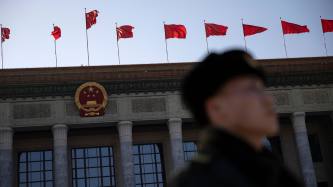The Africa Continental Free Trade Area (AfCFTA), the ambitious project establishing tariff-free trading between from the Cape to Cairo, turns one in January. And while the continent’s businesses and governments have seen little tangible benefit thus far, the project has recorded a few significant milestones in its first year.
Negotiations on rules of origin were edging towards completion as The Banker went to press, with agreement still pending on automobiles, sugar, clothing and textiles. The AfCFTA secretariat and the African Export–Import Bank rolled out a pan-African payment and settlement system in September, with an adjustment fund of at least $1bn set for launch in early 2022.
While the AfCTFA — as with all major free trade areas around the world — is likely to take years, if not decades, to bear fruit, the rewards are no doubt worth the wait for a continent that has suffered low levels of internal trade and declining manufacturing.
The World Bank estimates that real income gains from full implementation of the AfCFTA agreement could increase by nearly $450bn by 2035, with trade facilitation measures that cut red tape and simplify customs procedures alone providing an increase of $292bn.
These gains, however, rely on not only the full implementation of the AfCFTA agreement, but on a fundamental restructuring of economies across the continent to take advantage of the potential gains on offer. Such restructuring efforts — together with massive investments in infrastructure — may prove too costly for poorer states in the short-to-medium term, with investment in other development areas, such as electricity and literacy projects, likely to prove a better return in the immediate future.
For the new free trade area to provide benefits to those that need them most, the AfCFTA secretariat will need to ensure that smaller economies are compensated for the resulting loss in income from tariffs. They will also need to see that new trading rules are not just for the benefit of the continent’s largest economies, such as South Africa, Nigeria and Egypt.











